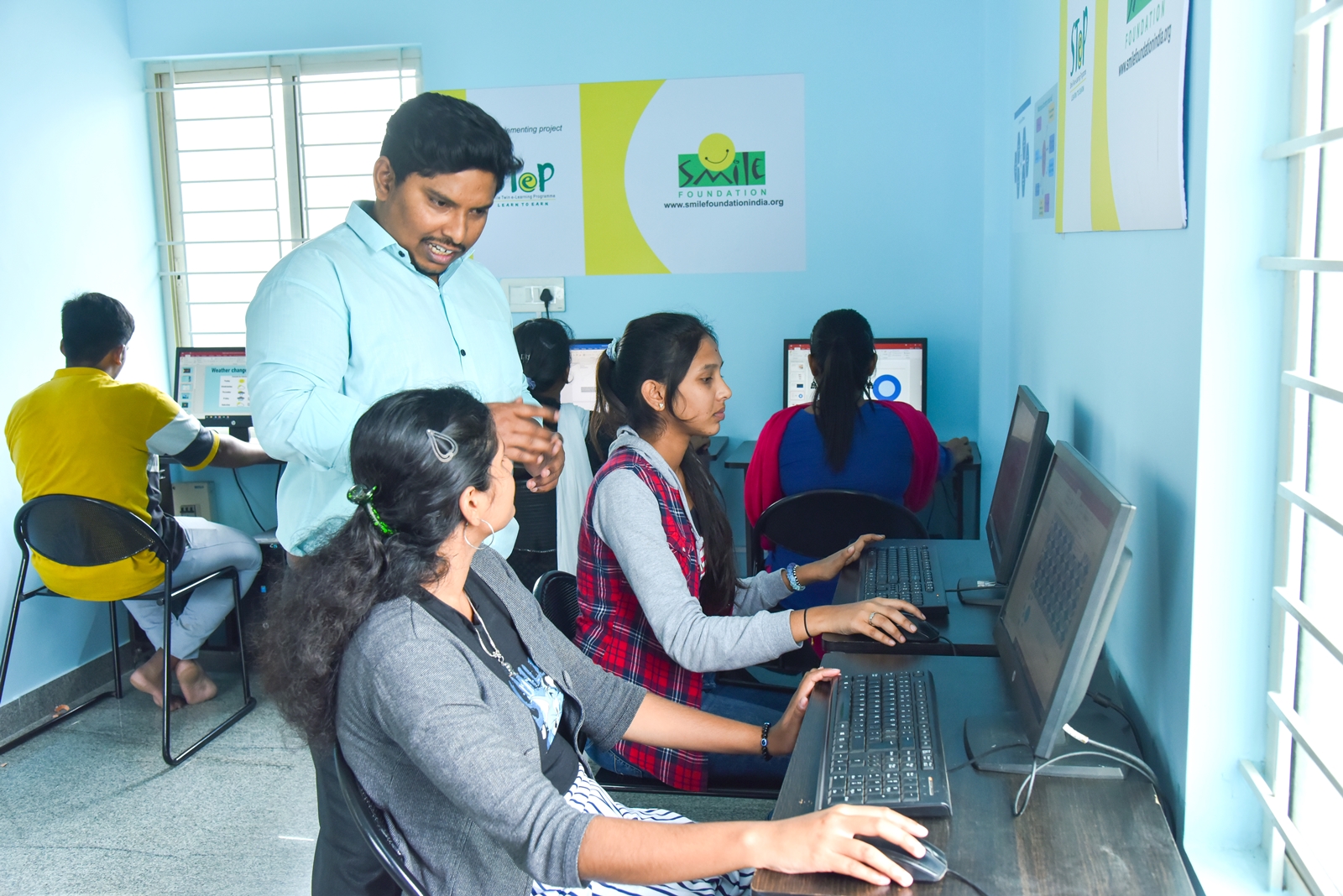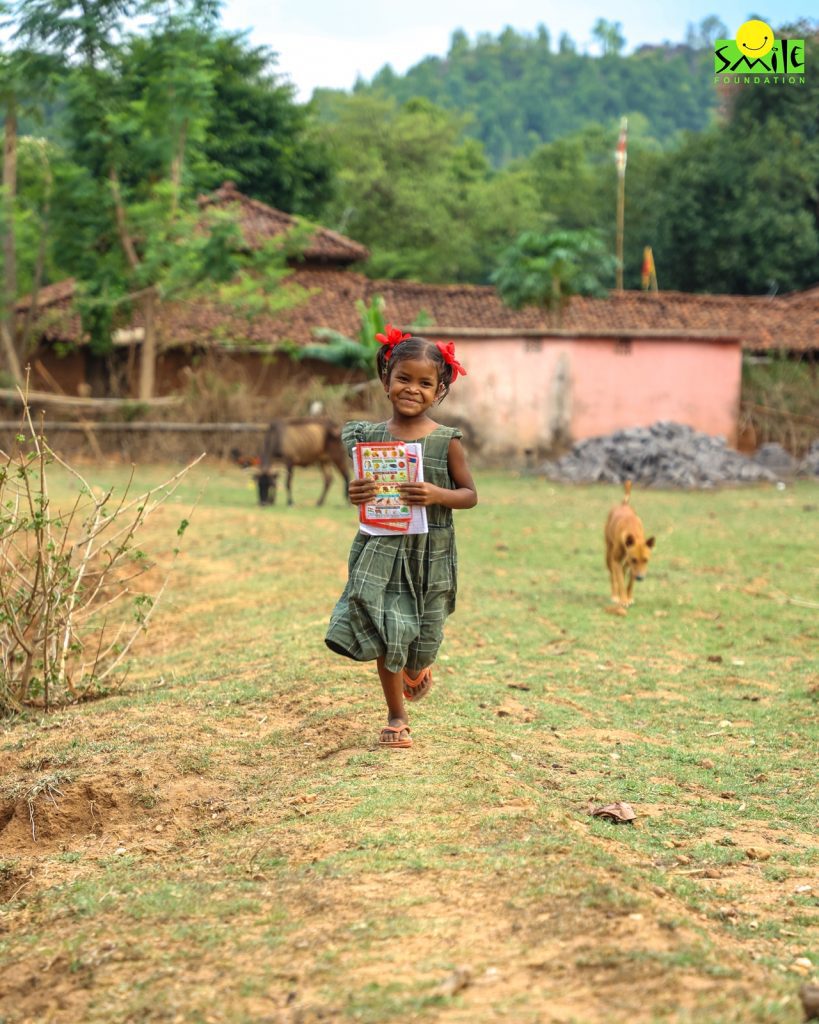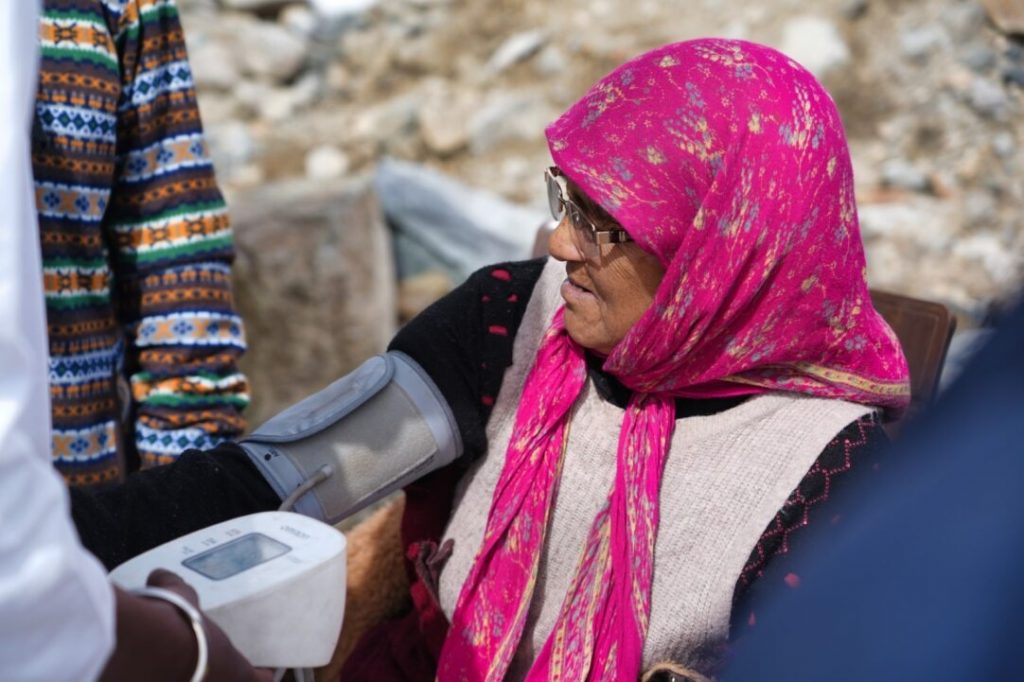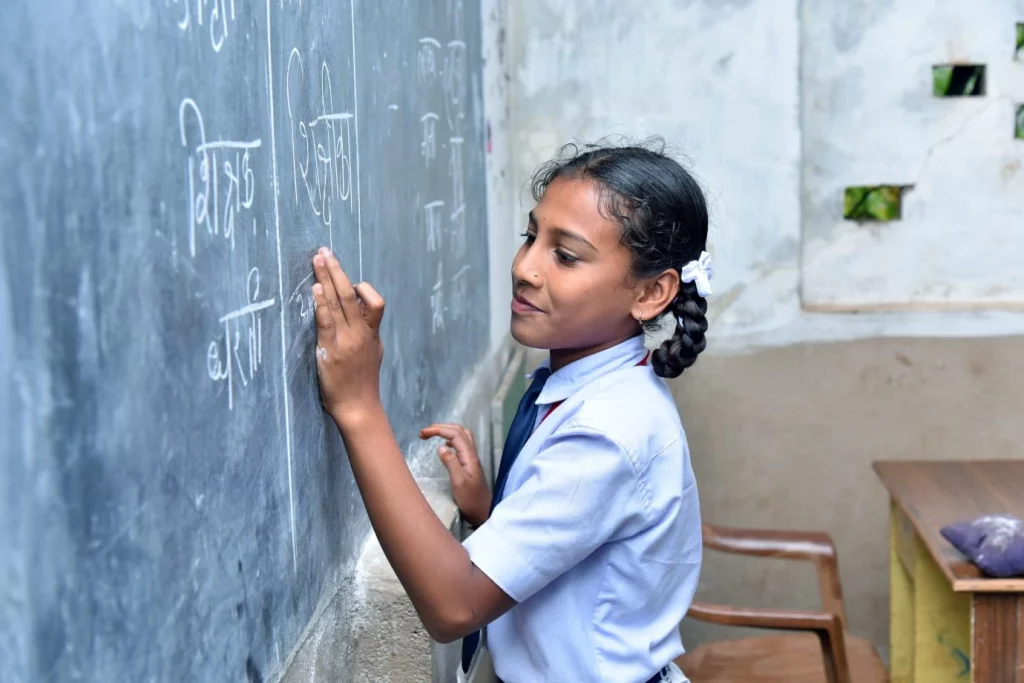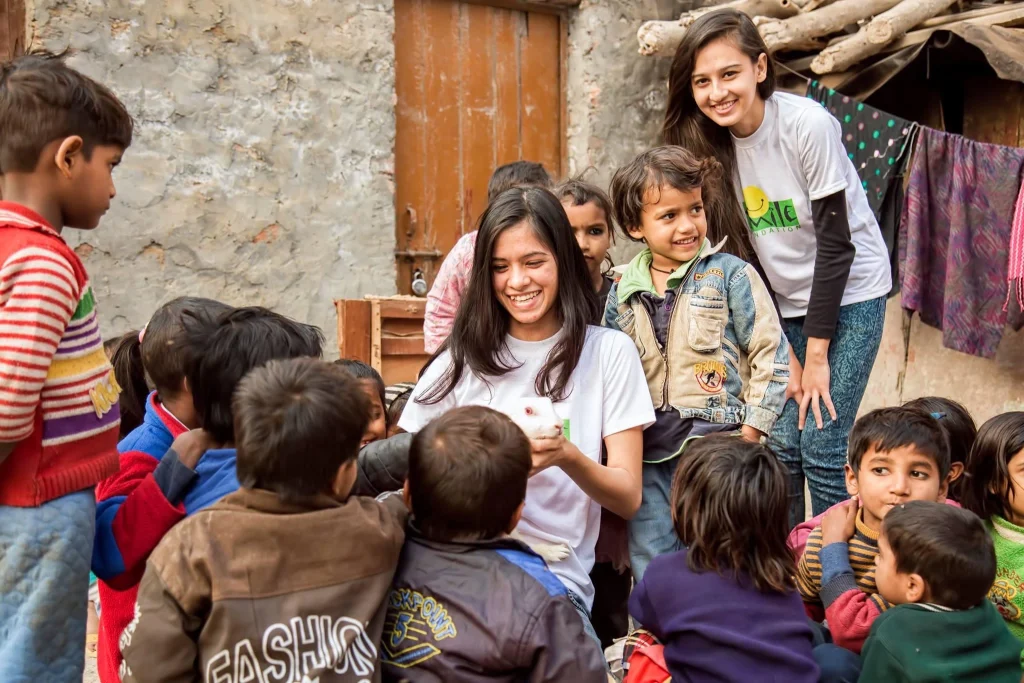January 12th marks National Youth Day 2025, a tribute to the visionary Swami Vivekananda whose teachings continue to inspire young people worldwide. His efforts to integrate Indian spirituality with Western advancement emphasized peace, humanity, and individual growth—a timeless foundation for today’s youth.
Swami Vivekananda’s birthday, January 12th, is observed as National Youth Day in India every year. The Indian government named the day National Youth Day in 1984. Swami Vivekananda. He was a Hindu spiritual leader and reformer in India who strove to integrate Indian spirituality with Western worldly advancement. He imprinted his personality on both the East and the West, inspiring millions of young people worldwide with his teachings. His thorough comprehension of science and Vedanta, and concern for human and animal life made him a symbol of peace and humanity.
But as we honor his legacy, it’s worth asking: what do the young aspire to today? In India, home to the world’s largest youth population, the answers point to critical areas that demand immediate attention.
What is Youth Looking Forward To?
India, recognized as the fastest-growing economy globally and boasting the youngest population, is often praised for its demographic advantages and rising influence in the international arena. However, underneath these encouraging figures, lurks the pressing issue of unemployment and more so the lack of employability skills among youth. Repeatedly, various reports imply that formally schooled youth stay unemployed because they lack the abilities that companies seek.
Need of the Hour
Youth need jobs
The government should encourage MSMEs, which have continued to be a driving force in employment growth in the country. Another focus should be on labour-intensive businesses with the potential to generate significant employment, such as footwear, furniture, tourism, real estate, and construction. Experts also want the government to allocate more funds to speed the construction of infrastructure projects across the country, which would aid in the creation of a large pool of jobs for semi-skilled and low-skilled people. High-growth industries such as manufacturing, logistics, healthcare, hospitality, and life sciences will have job openings in the near future, thus it makes sense to prepare job searchers with the necessary skills.
Youth need an upgraded education system
Indian youth who have grown up with rote learning pedagogy in schools are frequently poor at self-assessment. Several research revealed that young people believe their education system is obsolete and does not adequately equip them for jobs. The students identified a lack of job experience, insufficient support services to improve employability, and bribery demands/discriminatory and unjust hiring practices as major impediments to getting work even after graduation.
A recent program conducted in numerous states by the Centre for Research in Schemes and Policies (CRISP), in partnership with the state governments and Sector Skill Councils (SSC), enrolls industry stakeholders to produce qualification packages in certain sectors for skilling. Instead of traditional disciplines, they are cast in unique and job-friendly fields, such as BBA (retail), BBA (logistics, ecommerce), BBA (healthcare), BSc (tourism & hospitality), and BSc (gaming design & development). These regular classes concentrate general knowledge while also instilling soft skills such as leadership, collaborative work, communication skills, and problem-solving abilities. A programme like this opens the way to professional courses that provide excellent skill development.
Why not have regular bachelor’s degree programs in UGC-recognised formats in non-traditional subjects, such as retail, logistics or gaming? Initiating PhDs in non-traditional fields like EV manufacture or tourism development is another way to upgrade the education system.
Youth need the right attitude and skills
A significant concern is the skill gap between graduates and industry demands. According to the India Skills Report 2024, only 50% of Indian young people with formal education have the skills required for work.
Youth also lack the motivation and skill to become aware of their own talents and weaknesses. This again stems from the fact that the education system is so rigid and obsolete. In truth, Indian youth frequently lack the right mindset as well as the necessary abilities. Though much has been written about talent disparities among Indian youths, little emphasis has been given to attitude disparities.
Commitment, adaptability, dependability, trustworthiness, and honesty are key characteristics required for future job roles. Other qualities to look for are communication, collaboration, and sociability. Many surveys and expert opinions agree that ‘conscientiousness’ is the most significant factor in selecting and retaining employees. Conscientious people have a strong work ethic, are dependable, and show dedication. Soft skills such as critical thinking, problem-solving, and communication emerge as bedrocks of success in the AI era.
Youth need lifelong learning
With AI taking hold of the future and its integration in workplaces, it is worth necessitating clear communication and robust training programmes for knowing this field and its usage in various disciplines. It is important to train each tier of the AI ecosystem, from end-users with basic literacy to experts driving innovation. The synergy between government, industry, and educational institutions is crucial for effective upskilling programs. Furthermore, investing in lifelong learning and adaptability becomes key for individuals seeking to navigate the evolving landscape of the job market.
The Smile Twin e-Learning Programme (STeP) works for the marginalized youth, helping them attain a decent employment by providing vocational education and training. The programme strives to empower them through market-oriented skill training, along with placement support in the end.
Swami Vivekananda’s Message for Today
Swami Vivekananda believed in the boundless potential of young people to transform societies. On National Youth Day 2025, his teachings hold deep relevance as we address modern challenges like employability, education, and lifelong learning.
Investing in the youth means building a better tomorrow—not just for individuals but for communities and the nation at large. By addressing critical gaps in opportunities, investing in skills, and nurturing attitudes, we pave the way for a thriving, equitable, and empowered India.
Let us remember his words, “Arise, awake, and stop not until the goal is achieved,” as a rallying call to support and uplift the aspirations of youth everywhere.

